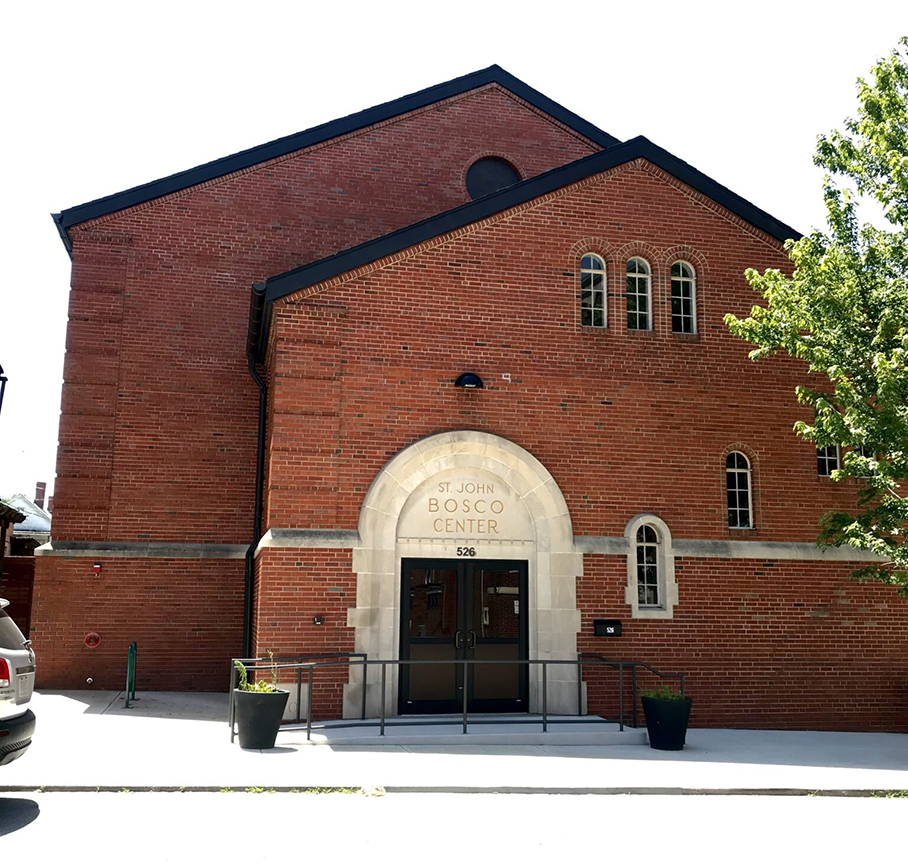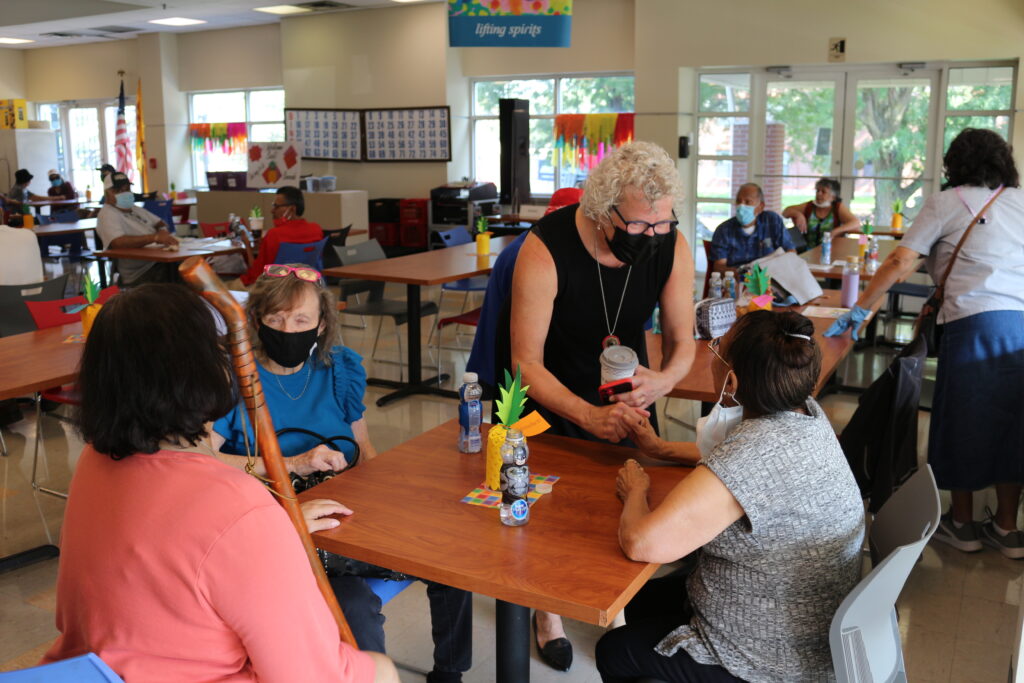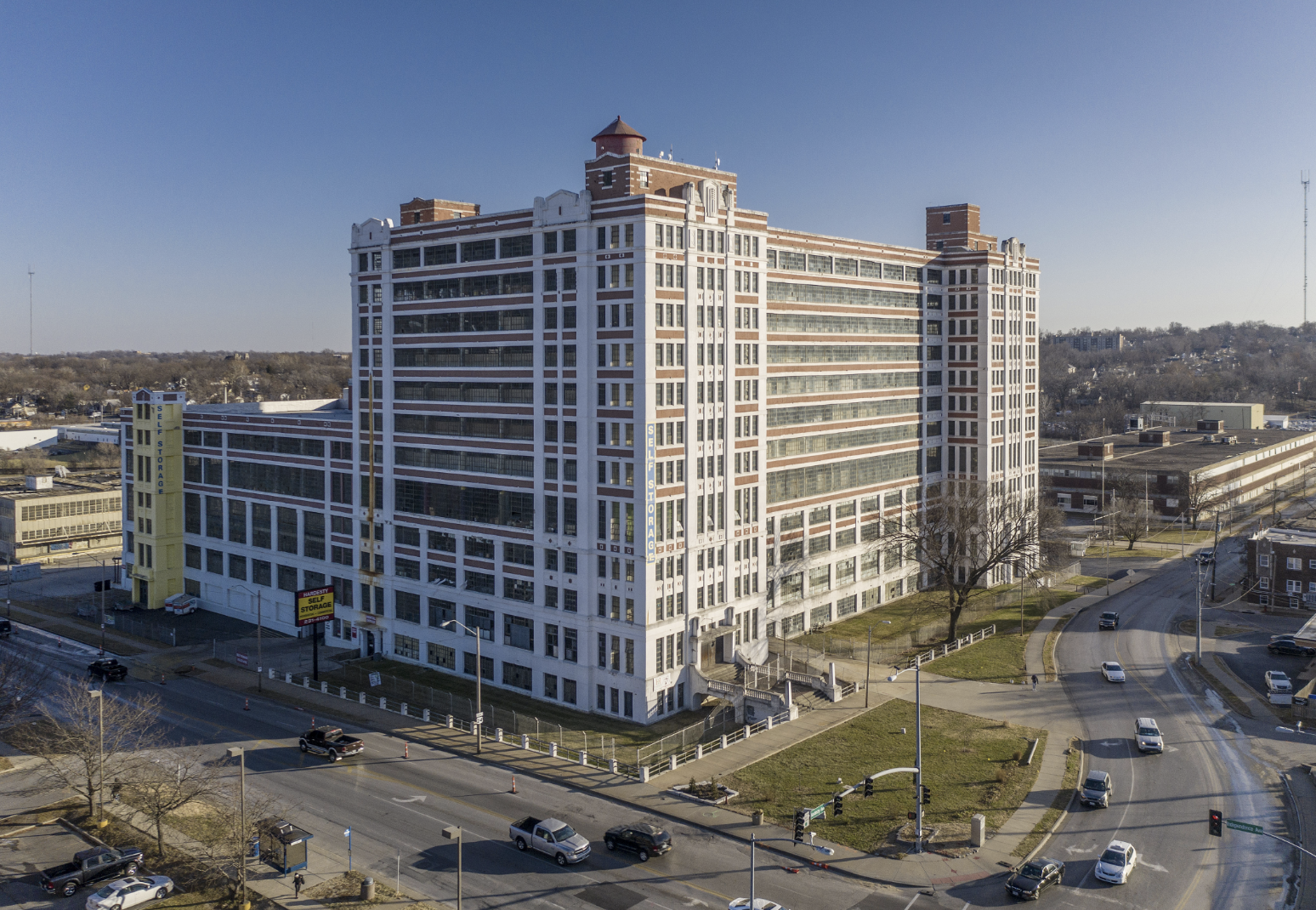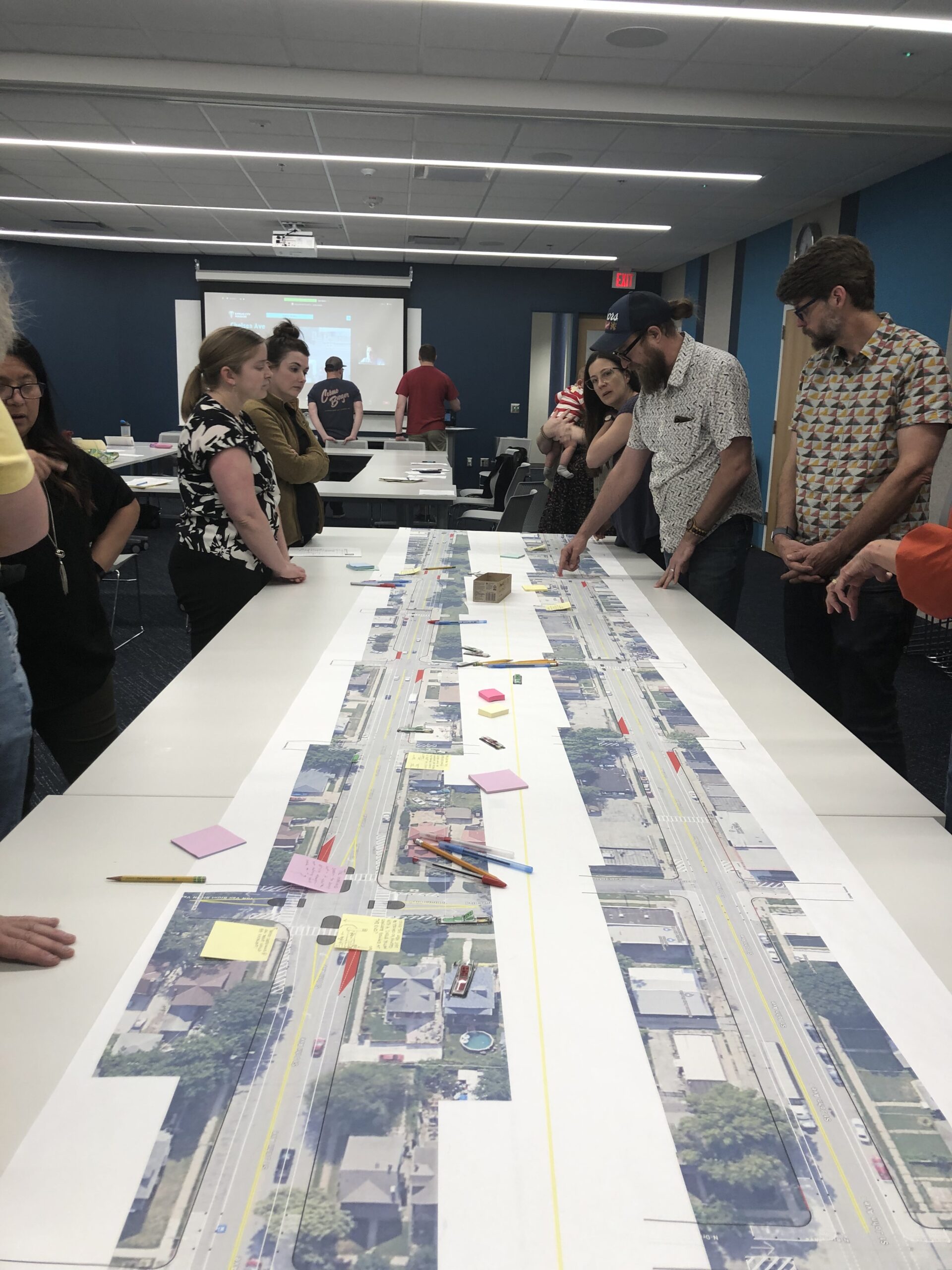
Columbus Park or “The North End” was settled in the late 1800’s, largely by Italian immigrants who had arrived in the United States seeking their fortune. Their initial plan was to come to America, make large amounts of money, then return to Italy as rich men. Somewhere along the line, that changed when they realized what America held for them.
Those who could began investing in real estate in the North End because it was close to the packing houses and the old city market where many of them operated fruit and vegetable stands. Many of the Italian immigrants, 85% or so, came from Sicily. The area soon became known throughout the city as “Little Italy” due to its growing Italian population. In its heyday, there were ethnic grocery stores on almost every corner, as well as other businesses owned by Italian families who settled here.
The area grew extremely powerful in local politics and became a voting block to be reckoned with, to the point that behind closed doors at City Hall, decisions were made to bust up the neighborhood in order to eliminate the power it held of elected officials through corruption, racketeering and vote stealing. The first “death nail” was the construction of the Guinotte Manor housing project in 1954. Soon after, plans were made to expand Sixth Street Trafficway and make it the connecting link to the new interstate highway coming through town, cutting a 100-yard swath right through the center of the historic neighborhood. More subsidized housing units were added with Chouteau Courts housing project, as well as the Riverview projects, both built in the early 1950’s. Riverview was actually promised as temporary, but still stands today.
Many longtime families began the exodus from the North End for points north as the demographics of the community continued to change. In the mid 1990’s, the Guinotte Manor projects were demolished and rebuilt on the same site but with greatly reduced density.
Crime fell drastically and the area began a resurgence, becoming an area where young professionals and families settled due to the neighborhood’s proximity to downtown. Today, properties that in 1998 were impossible to give away are turning higher than market rate rents.
Today, although there is talk of reconfiguring some of them, Columbus Park is bordered on three sides by highways. Route 9 separates the neighborhood from River Market on the west, I-35 North separates it from Pendleton Heights on the east, and a portion of the North Loop – I-35 and I-70 – separates it from downtown to the south.

Recently, the area has become an arts hub of sorts with numerous galleries and a monthly art walk held on the third Friday of every month, and home to the Sewing Labs, a nonprofit focused on job skills training in the creative sewing arts, in the newly renovated Don Bosco Community Center.
Funky restaurants such as Happy Gillis or the longtime favorite Garozzo’s Italian Restaurant beckon visitors. A safe haven for Kansas City’s Asian population, the neighborhood has long been home to a variety of Vietnamese restaurants, and will soon be joined by Cafe Cà Phê, Kansas City’s first Vietnamese coffee shop.
Take a walk through Columbus Park neighborhood most any evening and be greeted by friendly residents who love living in one of Kansas City’s most urban and trendy neighborhoods.
Columbus Park meets the third Wednesday of each month at 7 p.m. The next meeting will be a discussion on vacant and abandoned property on Wednesday, March 16 at the Don Bosco Senior Center, 580 Campbell Street. Gregg Lombardi of Lykins has agreed to come and explain how Lykins has begun to revitalize their neighborhood and reclaim vacant properties. Although multi-family housing projects and renovations have been popular in recent years, the neighborhood still has many opportunities for infill housing.
“We will also update you on new park equipment, development, and other community news,” the invitation reads. “Come to our first in-person neighborhood meeting in many months! Masks are required because their clientele can be in delicate health.”



















